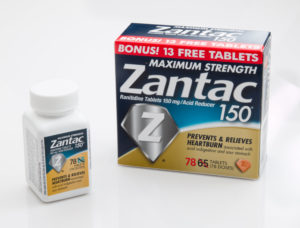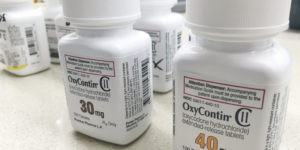Postoperative delirium addressed in new guideline
Nonpharmacologic interventions, pain management and medication prescription are covered in the new Clinical Practice Guideline for Postoperative Delirium in Older Adults released by the American Geriatrics Society (AGS) to help clinicians prevent and treat postoperative delirium in older adults. The guideline is an effort to reduce complications resulting in longer hospital stays, delayed rehabilitation and other factors that can adversely affect an older person’s surgical recovery and longer-term mental and physical health.
Delirium is among the most common postoperative complications experienced by older adults, but studies have shown that it “can be prevented in up to 40 percent of cases in some hospitalized older adult populations,” says Andrew G. Lee, MD, chair of the AGS Section for Surgical and Related Medical Specialists. “We believe that surgical and related medical specialists, together with the multidisciplinary members of their teams, can play an integral role in prevention.”
Evidence-based recommendations from the new guideline:
- An intinterdisciplinary team should administer nonpharmacologic interventions to at-risk older adults to prevent delirium. These interventions may include mobility and walking; avoiding physical restraints; orienting older adults to their surroundings; sleep hygiene; and ensuring adequate oxygen, fluids and nutrition.
- Healthcare professionals should obtain ongoing education regarding delirium.
- Perform a medical evaluation to identify and manage underlying contributors to delirium.
- Optimize pain management (preferably with nonopioid medications) to prevent postoperative delirium.
- Avoid medications with high risk for precipitating delirium.
- Do not newly prescribe cholinesterase inhibitors to prevent or treat postoperative delirium.
- Do not use benzodiazepines as first-line treatment of agitation associated with delirium.
- Avoid antipsychotics and benzodiazepines for treatment of hypoactive delirium.
The guideline and evidence tables are now available at no charge at GeriatricsCareOnline.org. Also, a best practices statement is now available through open access on the American College of Surgeons website and will be published in the Journal of the American College of Surgeons early next year. In December, a guideline summary will be available online in the Journal of the American Geriatrics Society.
Several companion public education materials are available on HealthinAging.org, including a delirium tip sheet for family caregivers, available in English and Spanish, and an Ask the Expert Q&A.
I Advance Senior Care is the industry-leading source for practical, in-depth, business-building, and resident care information for owners, executives, administrators, and directors of nursing at assisted living communities, skilled nursing facilities, post-acute facilities, and continuing care retirement communities. The I Advance Senior Care editorial team and industry experts provide market analysis, strategic direction, policy commentary, clinical best-practices, business management, and technology breakthroughs.
I Advance Senior Care is part of the Institute for the Advancement of Senior Care and published by Plain-English Health Care.
Related Articles
Topics: Clinical











